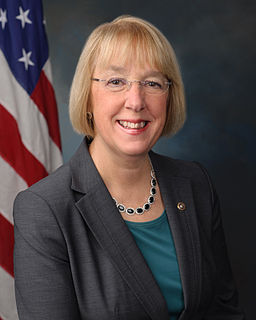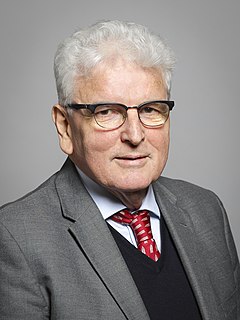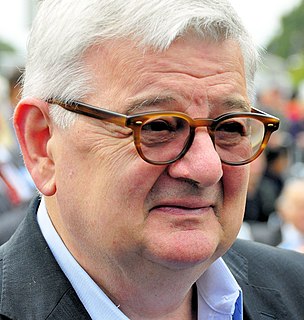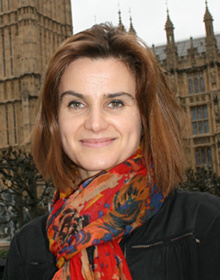A Quote by Lakhdar Brahimi
The third point is that for some time the UN has been talking about helping Afghanistan in the reconstruction of the country but there has never been any real commitment by the international community to provide resources for that.
Related Quotes
Karzai is Afghanistan's first democratically elected president. He brought the international community into partnership on an unprecedented level, and he championed a new constitution that is liberal, democratic and still very Afghan. All of that does reflect a vision. But he's presided over a country that is still in conflict, and he hasn't taken some of the difficult decisions his own government wanted him to take. On corruption, he hasn't been as decisive as he should've been. There are legitimate questions about him.
Within the fashion industry, being on shoots and working with agencies and other models, it's never been an issue being anything other than straight. It's so accepted within this industry. Out of every community that I'm a part of, or have been in, the fashion industry has been the most accepting. To the point where it was celebrated. I'd be on set talking about my girlfriend and someone would say "Oh, you're a lesbian! That's amazing." It's such a warm, welcoming community in that sense.
Johnny Apple, a New York Times correspondent, wrote a front-page story saying Afghanistan could be a quagmire and he was mocked and derided. What is certainly true is that all sorts of resources that would have been used in Afghanistan were diverted to Iraq. Would those resources have helped? Almost undoubtedly. Whether or not Afghanistan would be a peaceful nation-state had we not gone into Iraq I doubt. Afghanistan is going to be Afghanistan, no matter how hard we try to make it something else.


































